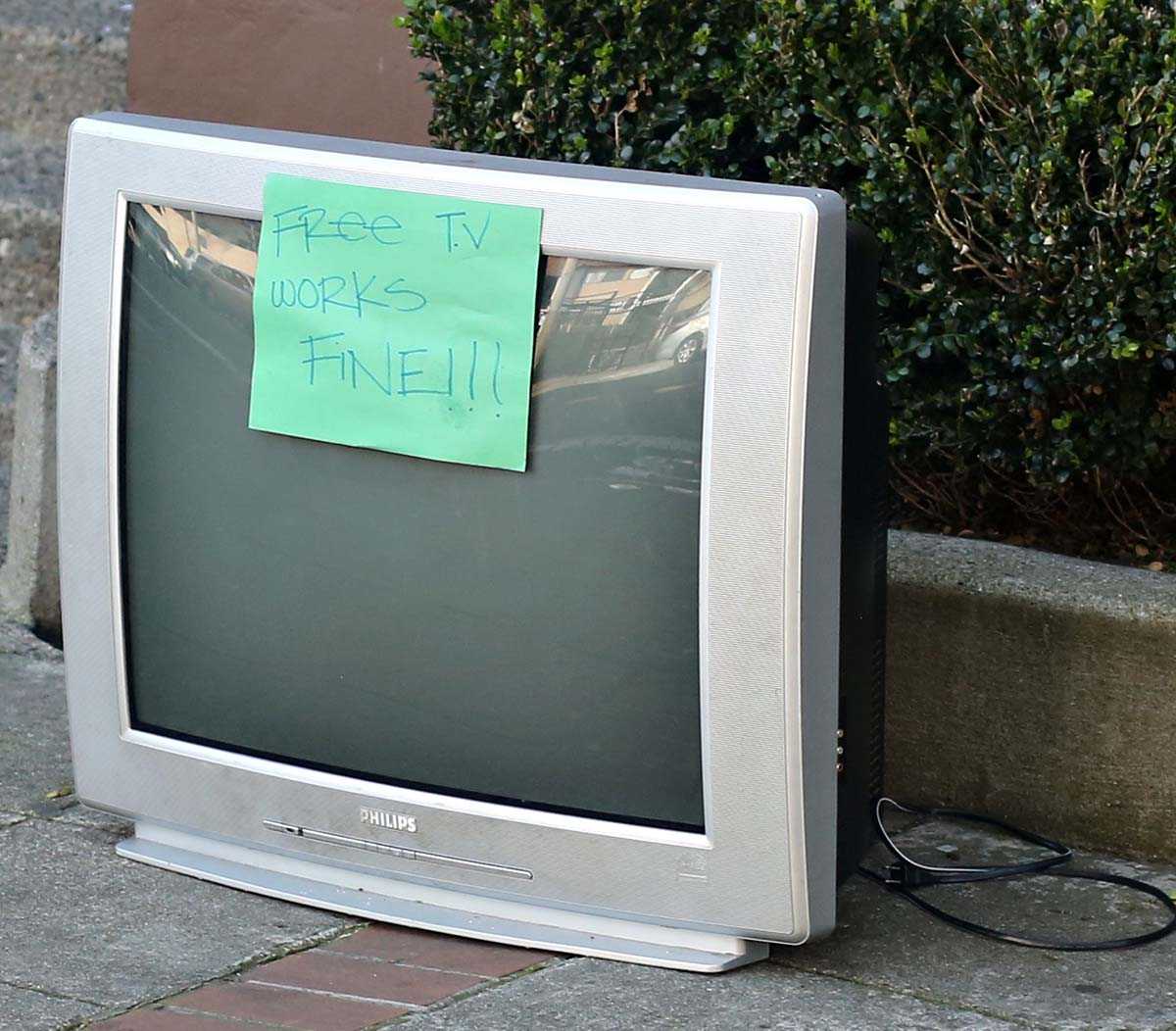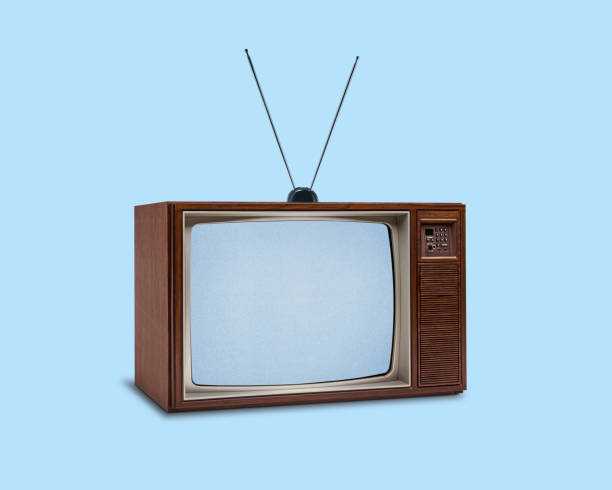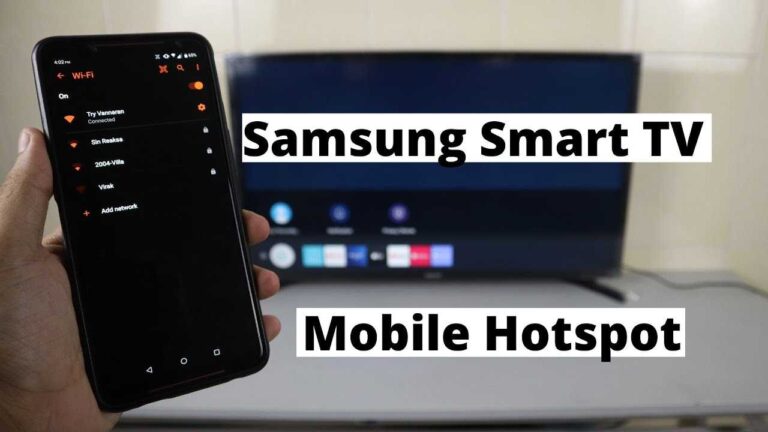Are TVs becoming obsolete? The short answer is no. Despite the rise of streaming services and on-demand content, television sets continue to hold a significant place in our lives. They are not just bulky pieces of furniture gathering dust in our living rooms; rather, they have evolved into sleek, high-definition screens that bring entertainment, information, and connectivity into our homes. TVs today offer a plethora of features, such as smart capabilities, voice control, and integration with other devices, making them a valuable and irreplaceable part of our daily routines. In this blog article, we will explore the reasons why TVs are far from becoming obsolete and why they remain an essential aspect of our modern lifestyle. So, let’s dive in!
Are TVs Becoming Obsolete?
The Rise of Streaming Services
In recent years, the way we consume media has drastically changed. The advent of streaming services has revolutionized the entertainment industry, providing consumers with a vast library of on-demand content at their fingertips. Platforms like Netflix, Hulu, and Amazon Prime Video have gained immense popularity, offering a wide range of TV shows, movies, and documentaries. With the convenience and affordability of these services, many people are starting to question the necessity of traditional television sets.
- Streaming services provide a personalized viewing experience, allowing users to watch what they want, when they want.
- The ability to binge-watch entire seasons or series in one sitting has become a cultural phenomenon, further eroding the need for scheduled programming.
- Access to a diverse selection of international content has broadened viewers’ horizons and introduced them to new cultures.
- Original programming produced by streaming platforms has garnered critical acclaim and attracted top-tier talent, making them a viable alternative to traditional TV channels.
The Decline of Cable and Satellite TV
With the rise of streaming services, traditional cable and satellite TV providers are experiencing a decline in subscribership. The high costs, bundled packages, and limited content selection offered by cable companies have pushed consumers towards more flexible and cost-effective streaming options. This shift in consumer behavior has led to a disruption in the television industry and raised questions about the long-term viability of TVs.
| Reasons for the decline in cable and satellite TV: |
|---|
| 1. High costs and monthly subscription fees. |
| 2. Limited content selection compared to streaming services. |
| 3. The inconvenience of being tied to scheduled programming. |
| 4. The availability of alternative entertainment options, such as online gaming and social media. |
| 5. The ability to access news and live sports events through online platforms and mobile apps. |
The Advancement of Smart TVs
While traditional TVs may be losing ground to streaming services, the emergence of smart TVs presents a potential lifeline for the industry. Smart TVs have built-in internet connectivity and pre-installed streaming apps, allowing users to access their favorite content without the need for additional devices, such as media players or set-top boxes.
- Smart TVs offer a seamless integration of streaming services, traditional TV channels, and other online content.
- They provide a user-friendly interface, making it easy for viewers of all ages to navigate and discover new shows.
- Smart TVs can be controlled through voice commands or mobile apps, enhancing the user experience and adding convenience.
- Manufacturers are constantly improving and updating the software in smart TVs to provide new features and enhance compatibility with emerging technologies.
The Future of TVs
Although the rise of streaming services and the decline of cable TV may suggest a bleak future for traditional TVs, it is important to consider the evolving nature of technology and consumer preferences. While some argue that TVs are becoming obsolete, others believe that they are simply adapting to the changing landscape of media consumption.
- Despite the popularity of streaming services, there is still a demand for live TV events, such as sports games, award shows, and news broadcasts.
- The emergence of 4K and 8K resolution TVs has provided a visual experience that cannot be fully replicated by streaming services.
- As technology advances, TVs may incorporate innovative features like virtual reality and augmented reality, offering immersive viewing experiences.
- TV manufacturers continue to invest in research and development, striving to create better, more interactive, and connected devices.
While streaming services have undoubtedly disrupted the television industry, TVs are far from becoming obsolete. The rise of smart TVs and the constant evolution of technology ensure that the medium will continue to play a significant role in our entertainment consumption habits. Whether it’s through traditional channels, streaming services, or a combination of both, TVs remain a central fixture in our homes, providing us with visual entertainment and connecting us to the world. So, next time you ask yourself, “Are TVs becoming obsolete?” consider the multitude of options and advancements that are shaping the future of television.
Will smart TVs become obsolete?
Frequently Asked Questions
Are TVs becoming obsolete?
No, TVs are not becoming obsolete. While there have been significant advancements in technology and the way we consume media, TVs continue to be a popular choice for entertainment and information.
Why are TVs still relevant?
TVs provide a large and immersive viewing experience that cannot be replicated on smaller devices such as smartphones or tablets. They also offer superior picture and sound quality, making them ideal for enjoying movies, sports, and other content.
What are the advantages of using a TV?
TVs offer several advantages over other devices. They have larger screens, making it easier to view from a distance and gather friends or family for a shared viewing experience. Additionally, most TVs come with multiple ports, allowing you to connect various devices such as gaming consoles, Blu-ray players, and sound systems.
Do smart TVs make traditional TVs obsolete?
No, smart TVs do not make traditional TVs obsolete. Smart TVs simply add additional functionality, such as internet connectivity and the ability to stream content from various online platforms. However, traditional TVs without smart capabilities still serve their primary purpose of providing high-quality viewing experiences.
Can TVs be used for purposes other than watching shows and movies?
Yes, TVs can be used for various purposes beyond watching shows and movies. Many modern TVs come with built-in apps and web browsers, allowing you to access social media platforms, browse the internet, play games, and even use productivity applications. Some TVs can also display family photos or art when not in use, acting as a digital picture frame.
Are there any emerging technologies that might replace TVs in the future?
While it’s impossible to predict the future with certainty, it is unlikely that any emerging technology will completely replace TVs. However, advancements such as virtual reality (VR) and augmented reality (AR) have the potential to enhance the viewing experience and provide new ways of interacting with content on TVs.
Final Thoughts
TVs are not becoming obsolete, but they are facing tough competition from alternative entertainment channels. With the rise of streaming services and the accessibility of online content, viewers now have more options than ever before. However, TVs still hold their ground with their larger screens and better viewing experience for live events and movies. While some people may choose to cut the cord and rely solely on streaming, TVs continue to offer a reliable and high-quality platform for entertainment. So, despite the changing landscape, TVs are far from becoming obsolete.






